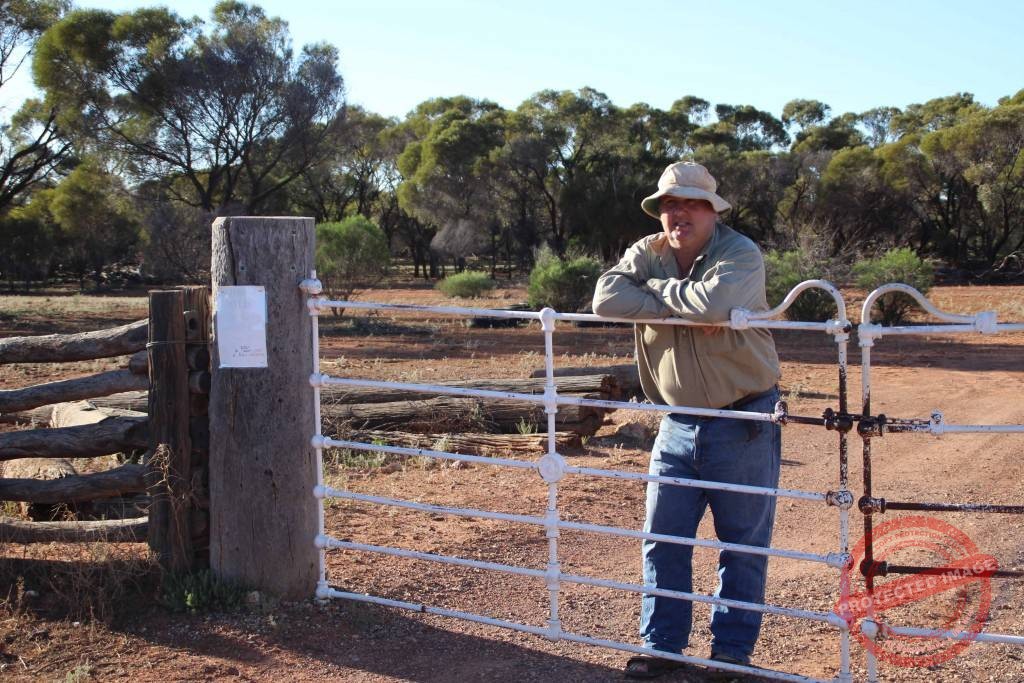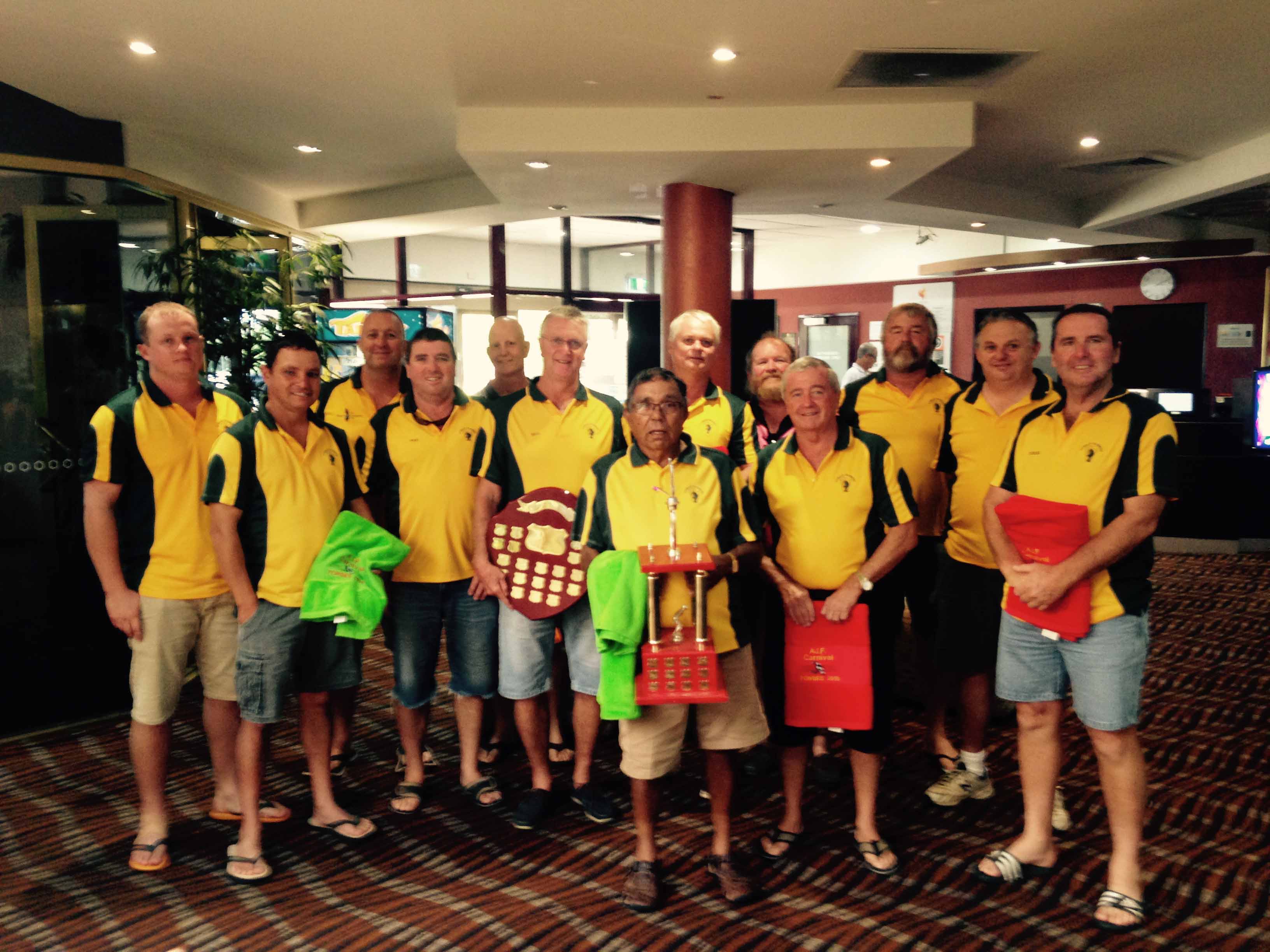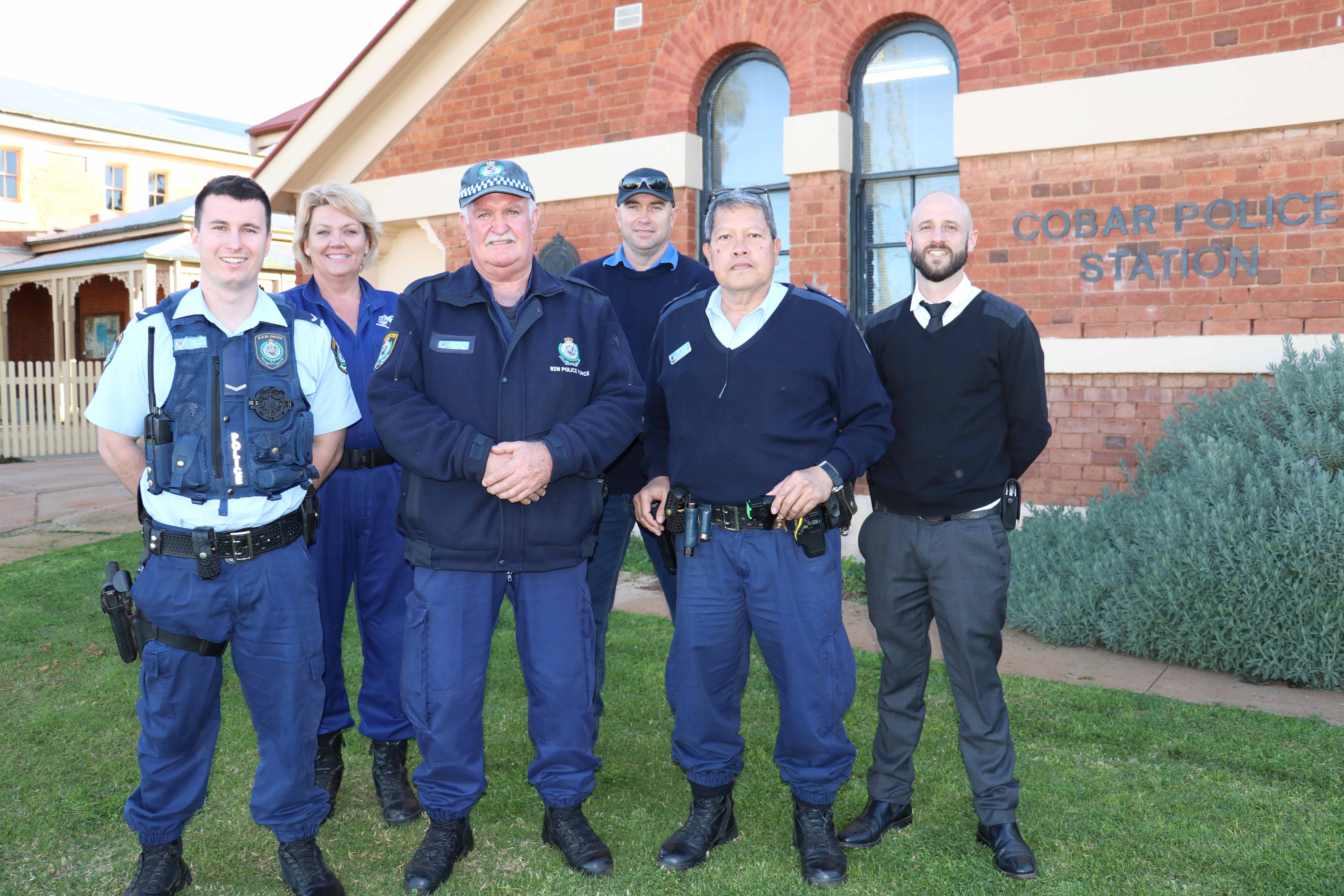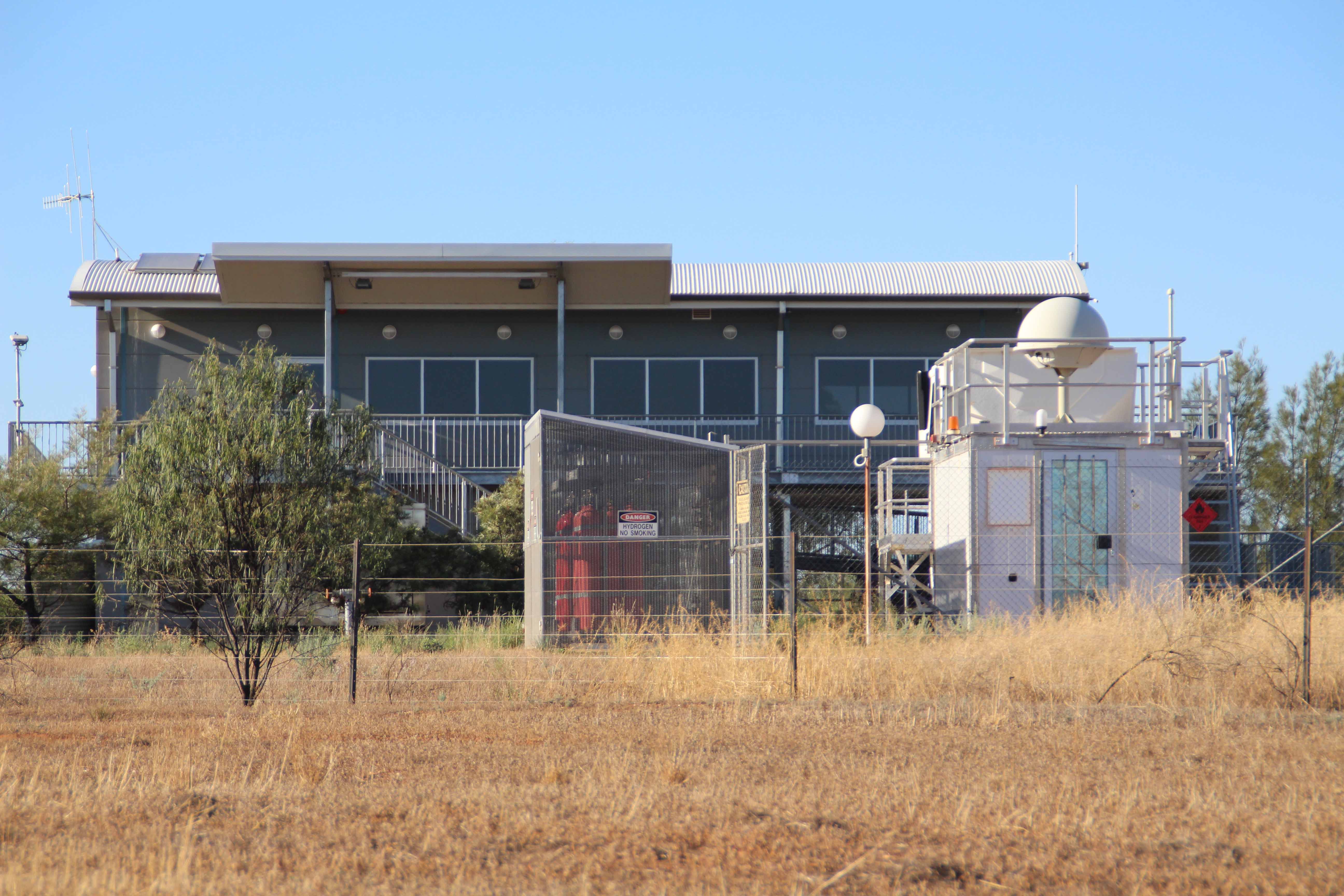
Local landholder Steve Motton has applauded proposed new police laws that would see poachers charged on the spot.
Mr Motton, who runs a property on the Barrier Highway west of Cobar and has been the victim of rural crime on a number of occasions, said in his experience landholders have to “jump through a lot of hoops” to prosecute someone for trespass and stock theft.
“With these new laws there will be no grey area, it will be a straight out black and white answer with fines and prosecutions,” Mr Motton said.
“If police are given powers to seize motor vehicles and trailers, it will be a greater deterrent in this continuing saga.
“I think the proposed new laws will curb rural crime dramatically and the penalty will fit the crime,” he said.
State Member for Barwon Kevin Humphries has been pushing for new laws to give NSW Police on-the-spot powers to confiscate and impound equipment belonging to poachers.
“There is growing frustration and even fear amongst some landholders that they have no protection against illegal trespassing and poaching, which is why we need to give police the additional powers they need to curb this issue,” Mr Humphries told The Cobar Weekly.
“A lot of the time the police pass hunters on the roads and they know exactly what’s been going on, but don’t have the ability to penalise them on the spot.
“If a fisherman is carrying illegal fishing gear he is charged on the spot; let’s bring that same strategy to targeting poachers.
“I am still working through the details with (Minister for Police) Troy Grant, but we’re looking at giving police the power to confiscate hunting equipment on the spot.
“I urge landholders not to take matters into their own hands but to abide by the law at all times, and call the police if they suspect trespassers on their property.”
Mr Motton said many Cobar landholders have been victims of stock theft, particularly feral goats which is an unknown variable, and for many, it’s currently their only income.
“Rural crime is not new to us, it’s been going on for years and years,” he said.
“Landholders have big areas, 50,000 to 60,000 acres, and they can’t be everywhere keeping an eye on things.
“Out here pig hunters know the land better than property owners.”
Mr Motton said he sympathises with rural crime police who have vast areas to cover.
“They are very understaffed and out here they have just one rural crime officer to cover an area about the size of France,” Mr Motton said.
“I hear people rubbish the police and say they are not doing enough.
“But I can see the story from both sides having been in the middle of it,” Mr Motton said.
“It’s a very time consuming process for the police and involves a lot of paperwork to prosecute someone, and then they only get a $1,000 or $1,500 fine.”
Mr Motton said in his experience fines hadn’t proven to be much of a deterrent.
“All they do is go back out again and steal a load of goats worth $2,500 that night.”
He believes with the current high goat prices of $70-$80 a head, the rise in rural crime has been spurred on by a drug epidemic.
“That’s the main cause. Who knows what these young fellas are going to do if they are fronted by the landholders? I don’t want to see anyone get shot.
“Desperate people are very unpredictable.
“The sooner they get the new laws in for the police the better it will be for police, the general public and the rural community,” he said.
NSW Police Darling River Local Area Command earlier this month launched Operation High Ground in an effort to curb rural crime.
The aim of the operation is to provide rural crime training to front line police, target rural crime suspects, conduct proactive patrols of remote areas and bring the rural community together.
Acting Superintendent Andrew Hurst said Operation High Ground is committed to building relationships within the rural community.


